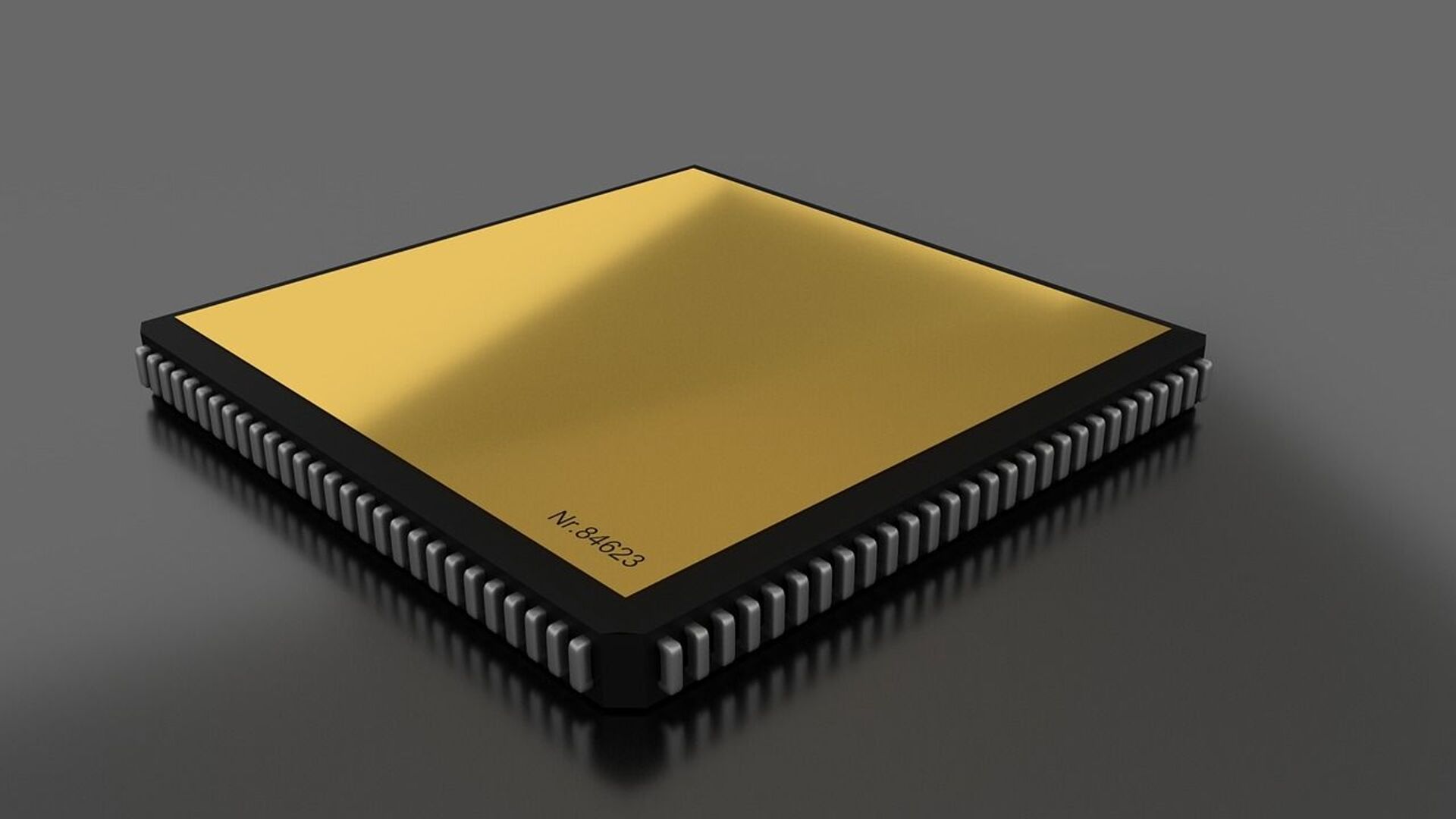https://sputnikglobe.com/20230209/intel-asks-for-10bln-in-state-aid-to-build-chip-factory-in-germany-media-reports-1107101037.html
Intel Asks for €10Bln in State Aid to Build Chip Factory in Germany, Media Reports
Intel Asks for €10Bln in State Aid to Build Chip Factory in Germany, Media Reports
Sputnik International
Intel has requested the German government to provide 3bln euros to already approved 6.8bln euros for the construction of a chip factory in Germany amid anti-inflationary measures, German newspaper reported, citing government sources.
2023-02-09T03:55+0000
2023-02-09T03:55+0000
2023-02-09T03:55+0000
world
germany
intel
inflation
factory
https://cdn1.img.sputnikglobe.com/img/107982/94/1079829497_0:0:1280:720_1920x0_80_0_0_fae2e4fbac47f544835c3e343074a911.jpg
Media reported in March that Intel would build a new chip factory in the city of Magdeburg. However, in December, the company postponed the start of construction, scheduled for the first half of 2023, citing insufficient funding due to rising inflation and increasing prices of energy and building materials as the reason.According to the report, the meeting between the company's representatives and the German government was held several weeks ago, and the discussion on additional funding will take place as early as Friday.According to insiders, the delay in the construction was caused by the company's intention to implement a different and more modern way of manufacturing chips at the factory using machines from the Netherlands but not rising inflation and prices.In September, German Chancellor Olaf Scholz said that the production of semiconductors would be established in Europe, including in Germany, as a part of the national security strategy, which would allow getting rid of dependence on imports of chips.
https://sputnikglobe.com/20230127/intel-shares-drop-almost-10-after-release-of-2022-financial-report-1106749947.html
germany
Sputnik International
feedback@sputniknews.com
+74956456601
MIA „Rossiya Segodnya“
2023
Sputnik International
feedback@sputniknews.com
+74956456601
MIA „Rossiya Segodnya“
News
en_EN
Sputnik International
feedback@sputniknews.com
+74956456601
MIA „Rossiya Segodnya“
Sputnik International
feedback@sputniknews.com
+74956456601
MIA „Rossiya Segodnya“
germany, intel, intel want to build factory in germany, why germany has big inflation, how german government deals with inflation, intel in europe, intel prospects, european it hardware industry
germany, intel, intel want to build factory in germany, why germany has big inflation, how german government deals with inflation, intel in europe, intel prospects, european it hardware industry
Intel Asks for €10Bln in State Aid to Build Chip Factory in Germany, Media Reports
BERLIN (Sputnik) - The world's largest computer components manufacturer, Intel, has requested the German government to provide 3bln euros ($3.22bln) to already approved 6.8bln euros for the construction of a chip factory in Germany amid anti-inflationary measures, German newspaper reported on Wednesday, citing government sources.
Media reported in March that Intel would build a new chip factory in the city of Magdeburg. However, in December, the company postponed the start of construction, scheduled for the first half of 2023, citing insufficient funding due to rising inflation and increasing prices of energy and building materials as the reason.
According to the report, the meeting between the company's representatives and the German government was held several weeks ago, and the discussion on additional funding will take place as early as Friday.

27 January 2023, 08:28 GMT
According to insiders, the delay in the construction was caused by the company's intention to implement a different and more modern way of manufacturing chips at the factory using machines from the Netherlands but not rising inflation and prices.
In September, German Chancellor Olaf Scholz said that the production of semiconductors would be established in Europe, including in Germany, as a part of the national security strategy, which would allow getting rid of dependence on imports of chips.



